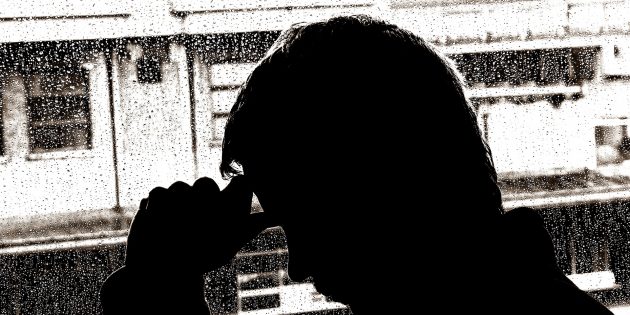There are three main points of view about the causes of Depression. Most commonly held is the view that it is generally some combination of these three.
1. Depression is a medical disease, caused by a neuro-chemical or hormonal imbalance.
2. Depression is caused by certain styles of thinking.
3. Depression is a result of unfortunate experiences.
The theory of the cause of depression can be explained as several aspects:
– Biochemical disorder or malfunction,
– Genetic factor,
– Psychoanalytic theory,
– Learning deprived,
– Learned helplessness,
– Cognitive impairment.
Obviously there are other important factors such as social, cultural and food causes. In this article I want to point out how our daily food can cause depression.
Preservatives: There are many chemicals preservatives in our food and drink supply, especially in fast food. If we consume too much chemicals, these chemicals accumulate in the body, disturb our natural body chemistry, and eventually cause damage to our organs, cells and tissues. Too many chemicals can cause a blockage to our liver energy and can cause of depression.
Sugar: People consume a lot of sugar in this country. Many people use sugar in coffee, in cooking and consume candy, deserts, and soft drinks. On some holidays, like Halloween, we give our children loads of sugar. Even though it is our tradition, but we can still make a difference by substituting with other healthy foods. Obesity, ADD, heart disease, high cholesterol levels and diabetes have been problems in many families. A high sugar diet can cause irritability, mood swings and illnesses such as diabetes, hypoglycemia, high blood pressure, and obesity. Once a person develops a weight problem, it is likely they will develop some form of depression. The high incidence of attention deficit disorder (ADD) may be linked to a diet with too much simple sugar.
High protein diet: People believe that a high protein diet can help them lose weight, but they may be short sighted. The Chinese expression, “Zuo Jin Guan Tian” (a frog sitting in a bottom of the well and looking at the sky), describes the limits of this way of thinking. It is true that a high protein diet can fill your stomach so you don’t feel hungry and you will not over eat. But, in Daoist philosophy, everything has two sides: the positive side and the negative side. The negative parts of a high protein diet are that it takes more energy to digest, so it leaves you less energy for healing and it causes the body to become saturated with uric acid, which significantly weakens all organ functions, especially that of the kidneys. A high protein diet might cause mood swings and reduce tolerance for stress. It can also cause more mucus accumulation in the body and lower energy levels. Studies of high protein diets in mice indicate that this diet accelerates brain aging and atrophy. In cancer patients, a high protein diet is not recommended and is found to cause a higher recurrence rate of the disease. Many animal products are saturated with environmental toxins and residues from antibiotics and growth hormones in their feed. From a longevity point of view, in general, people who eat a high protein diet have a shorter life span. Using animals as a reference, a tiger’s life span is 15 years and a giraffe’s life span is 28 years. In my practice of TCM, besides treating patients, I also give them a diet and exercise plan and they seem to do better with this combination. Without changing one’s diet, healing is only partial.
